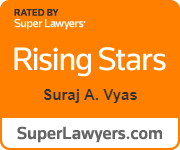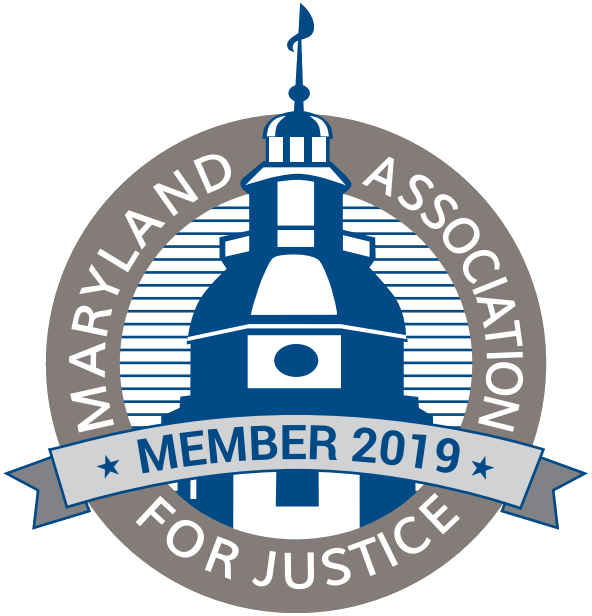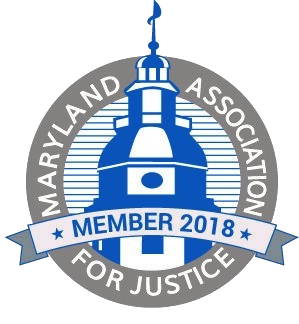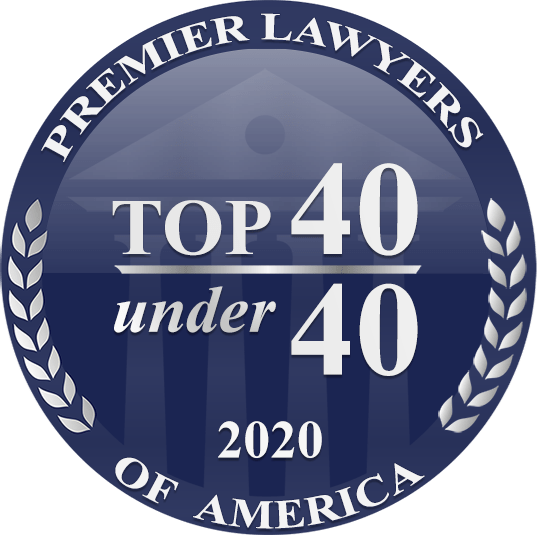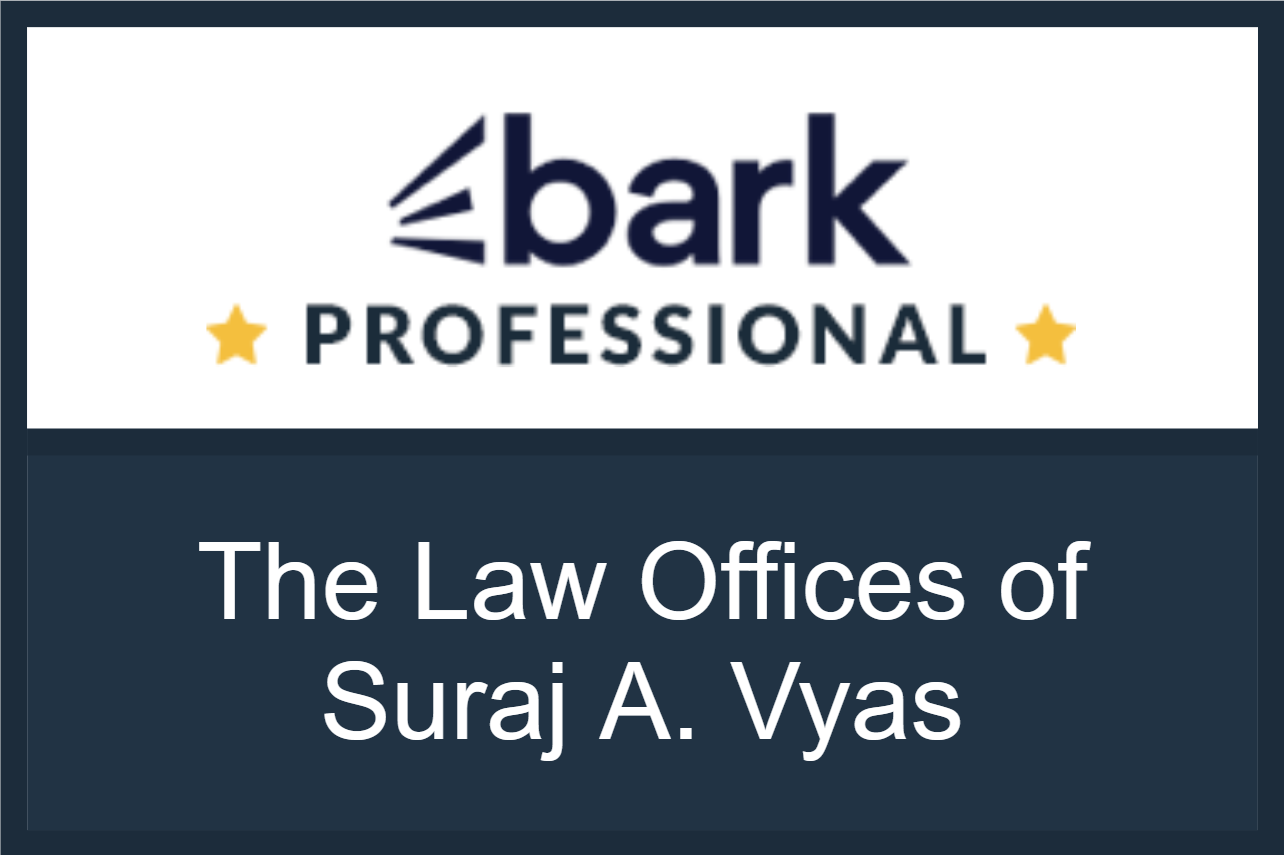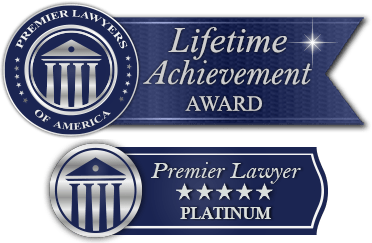UPDATE 3/27/2020:
We continue to remain open and serve you remotely. For ease of accessibility, below is a list of some major businesses affected by Hogan’s order.
Ordered to close:
Senior citizen activity centers
Restaurants and bars are closed to the general public (delivery and take-out are allowed)
Fitness centers, gyms, health clubs, pools, and self-defense/martial arts schools
Theaters and malls (inclusive of food courts and retail establishments only accessible from the enclosed pedestrian concourses in the mall or other interior areas) This does not affect retail establishments directly accessible from outside a mall
Cosmetic: Tattoo parlors, tanning salons, barber shops, beauty shops
Other recreational establishments like bingo halls, bowling alleys, pool halls, amusement parks, roller and ice skating rinks, golf courses (public and private), miniature golf establishments and driving ranges, and social and fraternal clubs
May Remain Open:
Chemical (including manufacturers and distributors)
Commercial facilities (including lodging, property maintenance, supply companies, laundromats and dry-cleaners, commercial and residential construction companies, and self-storage facilities)
Defense (companies that research, develop, manufacture defense or weapons systems and assets, as well as contractors supporting the defense and intelligence agencies)
Food and agriculture (grocery stores, farmer’s markets, convenience stores, alcoholic beverage stores and distributors, distilleries and wineries, food supply companies, farms, food manufacturing and processing, pet supply stores, veterinary services, agricultural equipment manufacturers and suppliers, paper product manufacturers and suppliers)
Communications (broadcast companies, cable TV, cellular and landline telephone, and internet service providers)
Manufacturing (metal, heavy industry, medical equipment, personal protective equipment, cleaning and sanitation equipment and supplies)
Energy (electricity production, gas stations, truck stops, utility maintenance services)
Emergency services (hospitals, private healthcare provider offices, rehabilitation facilities, health plan, senior living facilities, manufacturers and distributors of medical equipment and supplies, home healthcare companies, and pharmacies)
Financial services (banks, credit unions, non-bank lenders, payroll and payment processing companies, insurance companies, securities and investment companies, accounting companies, and armored car companies)
Businesses and entities that support the judicial system, including law firms, bail bondsmen, and court reporters
Information technology (companies that design, develop, distribute, host, sell, and support information technology software and hardware, as well as those providing network routing and access)
Transportation systems (airlines, railroads, motor and freight carriers, among others)
Water and wastewater systems (municipal, community, and other drinking and wastewater systems, well drillers, companies providing maintenance and inspection services for water and wastewater assets, and water testing companies)
Supporting firms (firms providing staffing or payroll services or essential raw materials, products, or services to any other business, organization, or facility considered a federal critical infrastructure sector)
ORIGINAL POST (3/25/2020):
By Suraj A. Vyas | 8 min read
In this time of need where we should all be coming together, there are still circumstances that arise where a person needs to be made whole due to the careless and reckless behavior of another. Typically, suing someone for getting you sick requires proving that a certain person specifically was the cause of your illness AND that they were negligent or intentional in their actions in getting you sick. Let’s apply this to COVID-19.
A quick medical note: The virus people are being exposed to is SARS-CoV-2. The disease caused by SARS-CoV-2 is called COVID-19. I’m going to use COVID-19 throughout this blog post just because that’s what most people know it as and this is meant to be an easy-to-digest legal blog post for the masses more than a medically-sound post. For the most up to date information, visit the CDC and WHO websites. Back to the blog post:
So, for COVID-19, you would need to prove that one person specifically gave it to you. Because of how contagious COVID-19 is, it would be difficult to prove that the disease came from just one person in particular. Of course there is one major recent development in your favor as a prospective plaintiff in Maryland. Larry Hogan, Maryland’s governor, issued his latest order in response to COVID-19 stating that all non-essential businesses must shut down. “Essential” is a nuanced term that changes meaning depending on what jurisdiction you’re in (for Maryland, see some guidance by clicking here). With such a giant list of businesses that are deemed “essential” in Maryland, I’m not sure this order will do as much as it hopes with regards to flattening the curve. With so many businesses open and people more concerned about keeping that magic 6 feet distance, you’re seeing a ton of “cramped” work spaces. Cramped work spaces are dangerous to be in while this disease runs rampant. As such, it’s much easier to file a claim against your employer if your employer is not providing you with safe working conditions or offering safe alternatives (like working from home). If your employer isn’t taking necessary precautions (like not promoting social distancing), you may have a cause of action if you should unfortunately become infected with the virus.
Here’s an actual example to put this in context: In the world of construction law, I’m seeing contractors scramble and push to make sure projects are not delayed so they aren’t held liable for any sort of delay damages. They are keeping employees in the office rather than allowing people to work from home. This is myopic behavior as most major construction companies have servers allowing most office employees to work from home (outside of the occasional site visit). Making foolish decisions (like keeping workers in the office unnecessarily) leave these contractors vulnerable to lawsuits and puts lives at risk. Depending on how contracts are drafted, it may be more practical for these contractors to really stand strong against owners by using force majeure clauses rather than risking their employees’s well-being (and, ultimately, their bottom line should they get sued). Subscribe to our newsletter for a more detailed COVID-19 construction law blog post going up tomorrow with some detailed ideas of what contractors can do right now to avoid any breach of contract claims and delay damages.
Pro tip: Feel free to spread the message to anyone taking COVID-19 lightly (like spring breakers) that they’ll likely get sued for all they are worth if they leave their home. The goal is to get people to stay home and flatten the curve even if you have to stretch the truth to some Zoomers and Boomers. In the words of Tony Stark, “Whatever it takes.”
Learn more about this topic and get in touch with The Law Offices of Suraj A. Vyas through social media @SAVLawFirm




